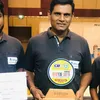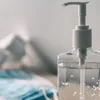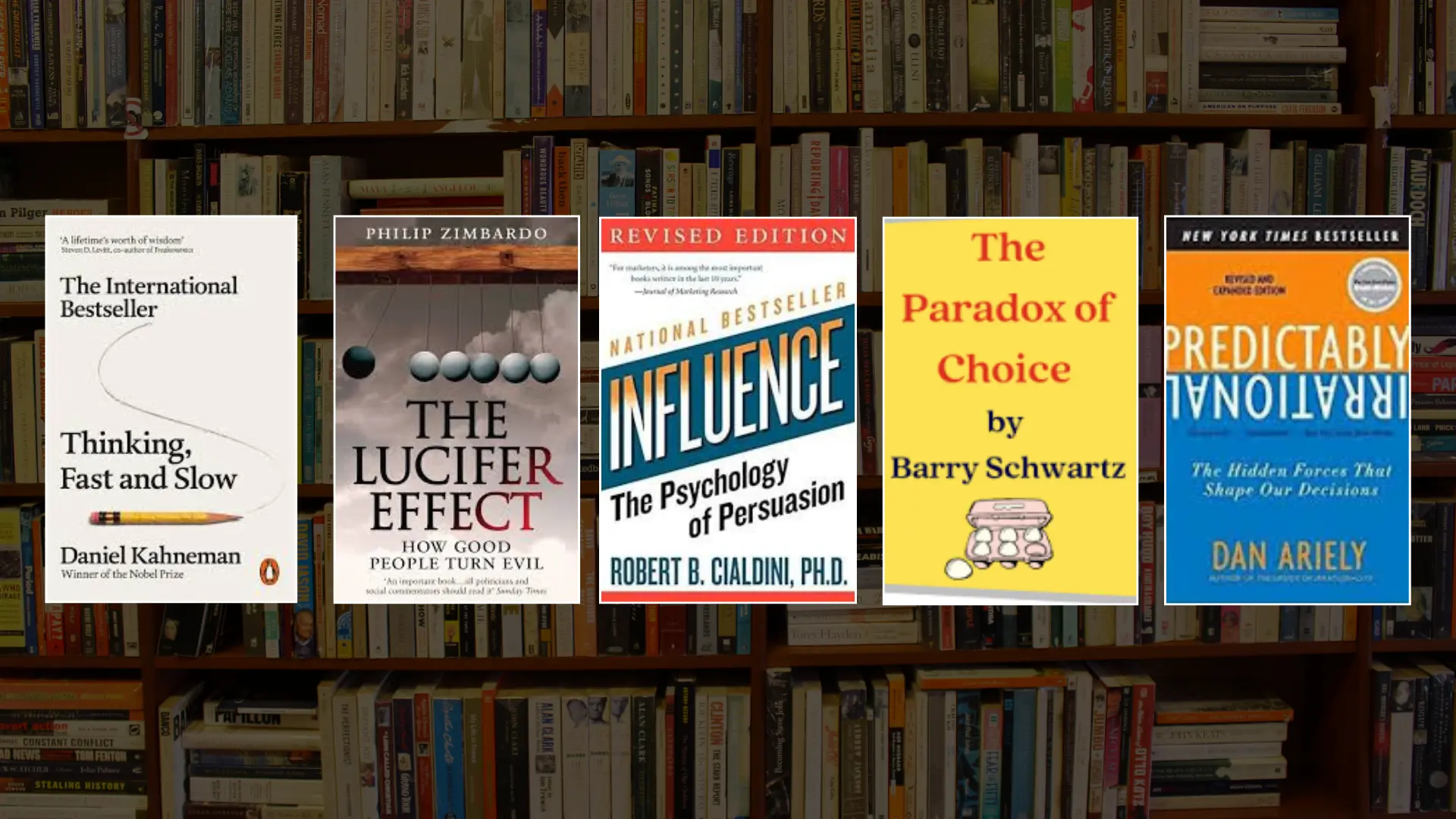New-age wellness startup Renaura is taking on the hard water problem to ensure an end to bad hair days
VIT alumni Nishant Gupta and Palash Pandey are redefining cosmetic product formulation in India. Their startup, Renaura, is a research and formulation company working in the beauty, personal care, and wellness domains.
India’s hard water problem is well known.
High in dissolved minerals such as calcium and magnesium (120-180 parts per million or PPM), hard water can lead to health issues such as kidney stones, allergies, eczema, and scalp issues such as dandruff, hair fall, and scalp psoriasis.

Renaura's Co-founders Nishant Gupta and Palash Pandey
This has led to a demand for water softeners and contraptions that can be fitted on to taps and showerheads. However, the problem with these devices is that they need to be serviced frequently, require regular purchase of expensive softeners (such as salts), and must often be left behind as the machines have to be affixed to a water source.
Bengaluru-based Wellness is trying to solve one of the problems caused by hard water: hair health.
Iluvia, the company’s most popular product line, is a range of modern, scientific shampoo and conditioner formulations that helps “restore scalp and hair health using intelligent chemical compositions fit to take on all levels of hard water”.
“We believe that the environment plays a major role in determining one’s wellbeing, and factors such as air quality, water hardness, sun exposure, food adulteration, and improper product use are often overlooked or overshadowed by the after-effects of the concerns that arise from these issues,” says Nishant Gupta, Co-founder and CEO of Renaura Wellness, in an interview with YourStory.
This is especially true in the times of increased consumer awareness where buyers are parsing the ingredients label on the back instead of falling for the gimmicky front label, and everyday products that used to serve very basic functions are being now looked at as long-term solutions to solve specific problems.
Cosmetic and haircare products have not been spared the scrutiny.
“As lifestyles change, new habits are formed, and consumers become more informed about products and their way of working, it becomes imperative to provide quality and innovative products that may have not have been seen before,” Nishant says.
“At Renaura, the idea is to solve common problems that are daily pain points for consumers, through research and formulative innovation.”
A science-first company, Renaura’s hard water shampoo and conditioner, called Iluvia, retails for around Rs 1,700. It is available on the company’s website or ecommerce websites such as Amazon, . Apart from the basic kit, it also sells one-litre bottles of the shampoo and conditioner separately.
Direct to consumer is one of the routes the company - launched in 2015 - has taken. However, its products can also be experienced as an in-salon service at over 200 professional haircare salons, including Naturals, Toni&Guy (India), Bounce, Hairspeak, Bodycraft, and Spin Salons, among others.
The science behind the shampoo
Hair is naturally negatively charged, and when it comes in contact with hard water - basically water that contains high metal deposits - positively charged ions of minerals such as calcium and magnesium quickly bind to the negative ones, making hair feel sticky, dry, weighed-down, and causing scalp irritation.
“Iluvia uses negatively-charged salts to pull away metallic ions from the hair and clean them, something regular shampoos are not designed to do. This makes the hair go back to its lighter, non-sticky nature,” Nishant explains.
“We also ensure we use water soluble conditioning agents, which are much lighter than traditional products, and do not create further difficult to remove deposits,” he adds.
Iluvia’s formulation was heavily influenced by advanced product ingredients, and the company worked extensively with independent cosmetic research organisations to conduct chromatographic testing and observe mineral levels in hair post-use, which yielded positive results in lab testing.

Renaura's in-salon services setup
The inspiration for the products came from the founders, Nishant and Palash Pandey, own experience with hard water affecting their skin and hair.
Renaura’s formulation boasts clean-label raw materials sourced from suppliers that provide the purest and highest quality ingredients. Its hair conditioning system, for example, uses plant-derived squalene, which is extracted from olive kernels imported from high-quality producers in Spain.
Challenges and opportunities
A big shortcoming the company had to grapple with in its initial days was a lack of formulation expertise that could help them deep-dive into addressing user concerns.
“Formulation research is a nascent space in the Indian market. Many brands still rely on third-party manufacturing facilities to provide them products where they may lack the formulation expertise. The added cost has also traditionally been a deterrent,” Nishant says.
However, an increase in consumer awareness and the relatively new trend of reading back labels has forced brands to go the extra step in developing products that actually deliver and do much more beyond what has been normally expected of FMCG. This is true especially if they want to stick around in a hyper-competitive market.
With Made-in-India products and brands now taking centre stage after Prime Minister Narendra Modi’s "aatmanirbhar" push, there is a renewed focus on high quality goods that can compete with global ones, and, at the same time, provide local supply chains a much needed shot in the arm.
“The Made-in-India push will lead to a boost in high-quality research and local manufacturing of products that match or exceed international quality standards,” Nishant says.
Pandemic pivot
During the initial days of the pandemic, several salons shut shop to comply with the lockdown, which impacted Renaura’s sales and led to a significant drop. The company says it had a short period of revenue stagnation due to COVID-19, but has recovered positively since Unlock 1.0.
The company did not lay off any employee during the lockdown period - instead, it has been actively expanding its team, Nishant says.
As several businesses did during the lockdown and to also address a significant shortage, Renaura started manufacturing hand sanitisers. The company claims these were India’s first WHO-recommended formulation.

Renaura's hand sanitiser range
“Our aim was to ensure that we provide one of the safest and most effective sanitiser formulations available globally and also offer a more compatible product for clients who struggle with allergies and reactions to strong fragrances, dyes, and denaturing agents in available sanitisers. We ensured that we developed a hypoallergenic product that would be highly effective against the novel coronavirus while also delivering a better, non-sticky gel formula,” Nishant says.
The company has supplied hand sanitisers not only to regular clients, but also several governmental agencies.
“We are proud to have shipped orders to not just regular consumers but to have helped supply the armed forces in border areas, government departments, and directly to residential societies in high-risk areas,” the company says on its LinkedIn page.
Future prospects
Renaura is optimistic about the future.
The hard water treatment market is such a lucrative business in India that analysts expect CAGR to rise over 15 percent by 2026, owing to “rising demand for water softeners in the residential sector; chemical industry, which requires water softeners for different operations; and increasing demand for good quality water,” according to a TechSci Research report.
Solutions like Renaura’s Iluvia will continue to find traction in the market - as long as the hard water problem persists.
The haircare market, which is worth nearly $90 billion and is expected to continue to exponentially grow in the medium to long term, also bolsters Renaura’s outlook. India’s professional haircare market, worth around $200 million, has been consistently been one of the fastest growing FMCG categories.
Renaura has so far raised an angel round from investors including Mahesh Bhalla, former business head at and Dell, and Michael Marks, Founder of Innoventure Partners. The company did not disclose valuation or funding status, but says it is in the middle of a due-diligence exercise for an upcoming fundraise.
Renaura’s revenue rose 250 percent last year, on a year-on-year basis, and the company expects to achieve profitability in the current financial quarter.
Apart from India, the company is present in Estonia, which has been instrumental in providing it access to the EU. It is actively expanding its presence in the Middle East with online and offline partnerships, and looking at partnerships in North Africa, Australia, and the US.
(Edited by Teja Lele Desai)













